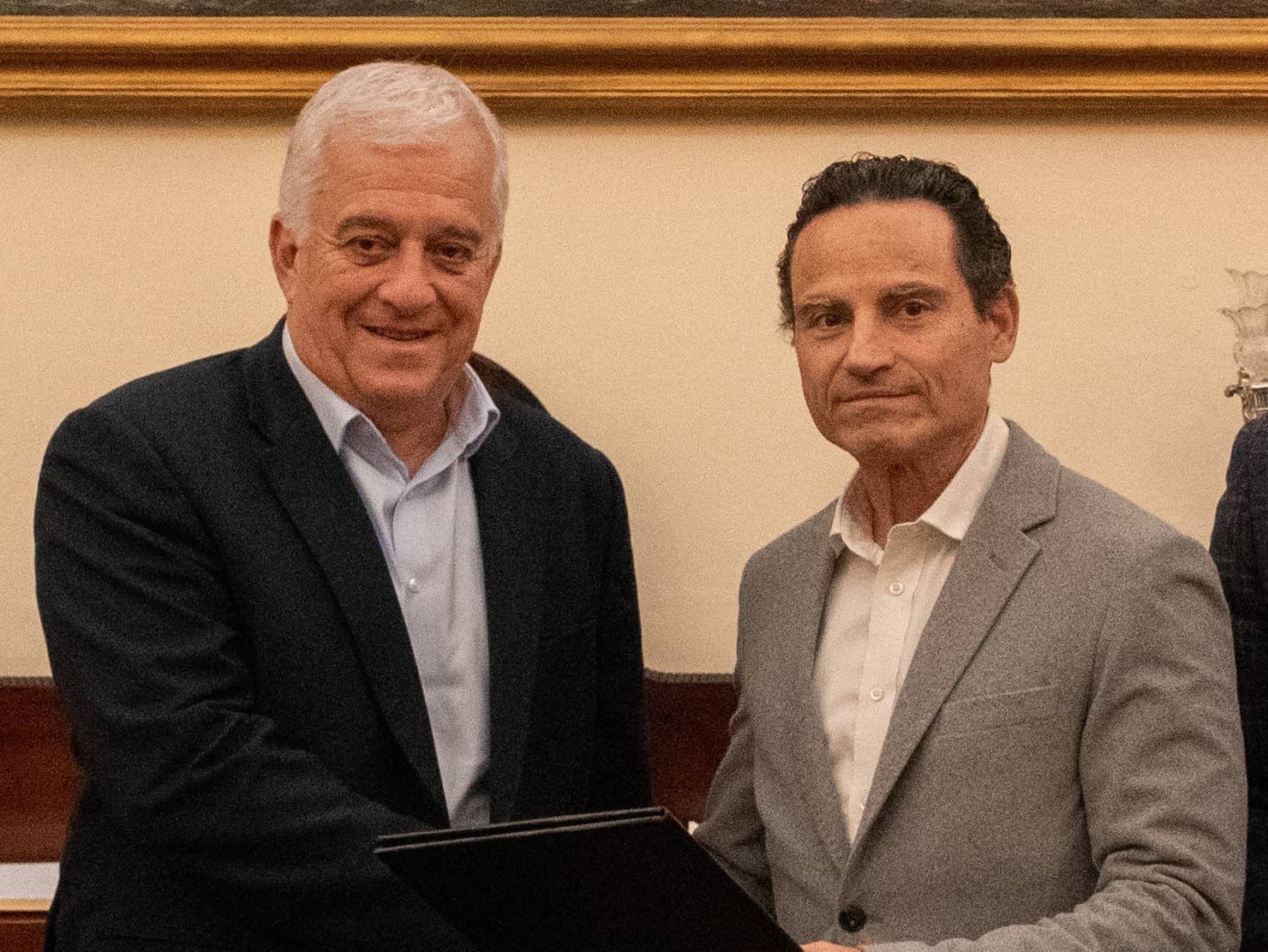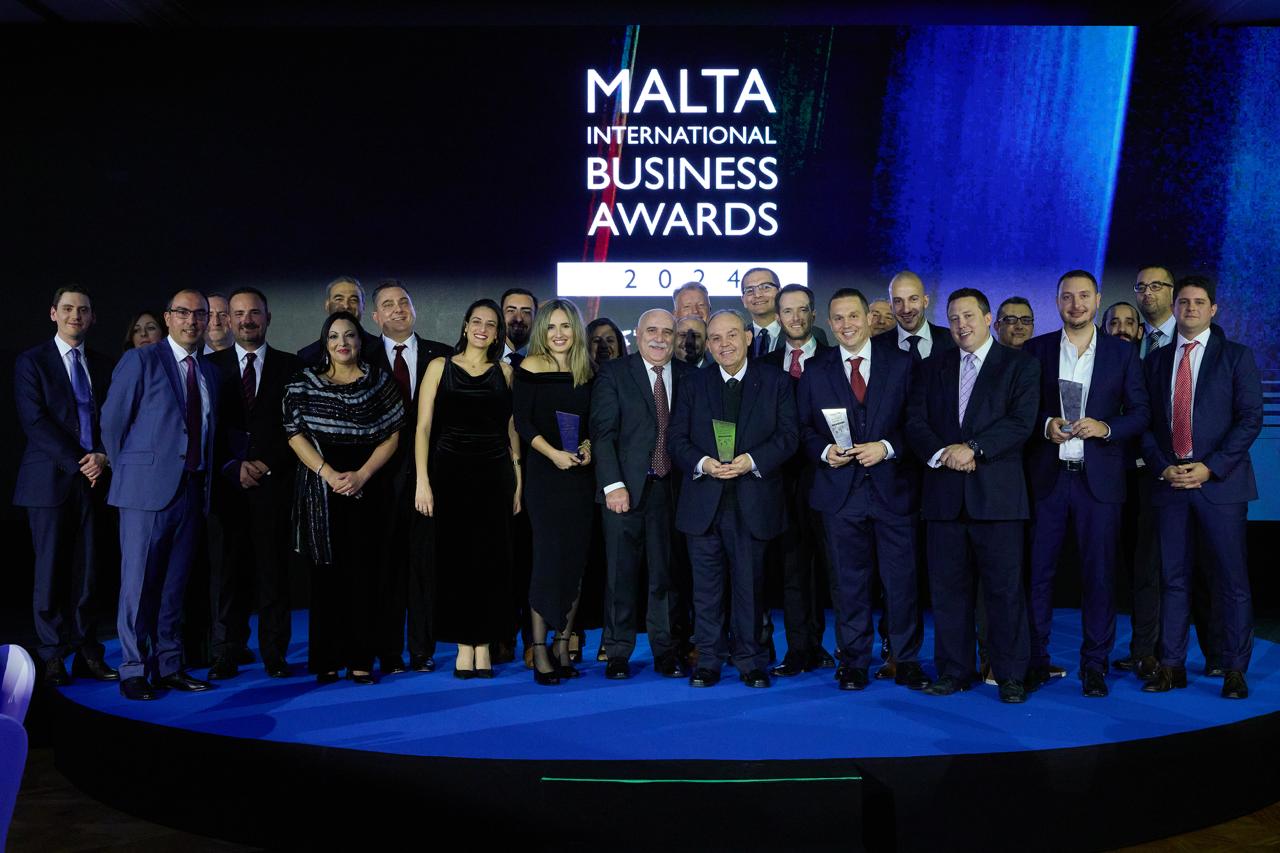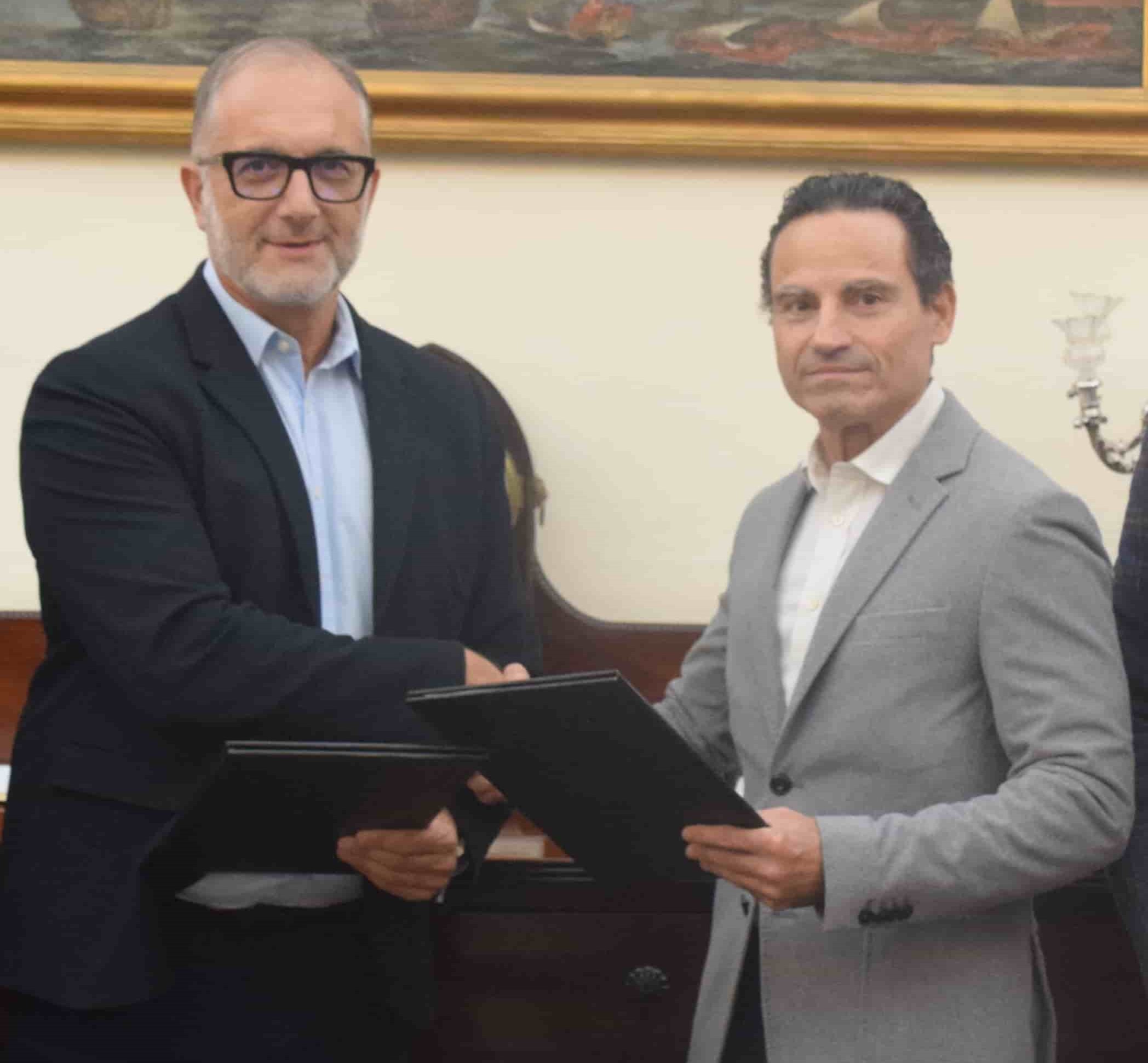

“Next month’s budget needs to determine the country’s foreseeable future by addressing immediate challenges the country is currently facing” the President of the Chamber Ms Marisa Xuereb said in her introduction.
Ms Xuereb also stated that “The Chamber once again calls on government not to embark on a populist agenda, a so-called electoral budget, but one which directs the economy towards recovery with difficult decisions expected to be made in 2022”.
The discussion also included a presentation by the Chamber’s CEO Dr Marthese Portelli about key proposals pushed by The Malta Chamber, based on 6 themes, namely economic growth and recovery, good governance, human capital and education, digitalisation, sustainability, and internationalisation.
Most proposals address the erosion of the country’s competitiveness and the need strive towards economic resilience. Some of the key proposals include:
• Addressing the constant increase in public sector employment, as it runs contrary to business competitiveness to have a situation where Government is indirectly soliciting human capital from the private sector. The Chamber propose the possibility of secondment of underemployed resources to the private sector and limiting employment in the public sector 1 year prior to the Constitutional expiration period to call a General Election.
• Mitigating ever increasing shortages in the labour market through appropriate streamlining of existing quarantine procedures for those travelling from specific countries. The Malta Chamber also proposes the introduction of more measures to retain foreign workers by establishing a citizenship pathway for those who wish to become Maltese citizens and allow for family reunification.
• Providing Maltese businesses with solutions for those who require human resources from or have contracts of work in third countries, such as, installing a testing and vaccination facility within embassies in corridor country with frequent direct flight connections to Malta as well as to the third countries of interest to Malta.
• The additional 7 days of quarantine leave for non-vaccinated employees should be taken from personal leave (excluding justified cases on medical grounds).
• Addressing the reduction of administrative burdens and bureaucracy for enterprises, by addressing the need to streamline cross Governmental departmental data and render support and funding schemes more business friendly.
• The importance of establishing a centralised due diligence body with all the necessary intelligence, access rights and international connections to evaluate every new investor / shareholder / UBO before accepted to have business interests in Malta.
• Immediately embarking on a demographic carrying capacity analysis to map out solutions for spatial development and planning, labour market and economic vision.
• Introducing revised Night Tariffs to assist manufacturing, retail and HORECA segments. Night tariffs should be available at a lower energy consumption threshold and the advantage of the night tariff over the daytime rate needs to be higher. The Malta Chamber is also suggesting an extend night tariff from the current bracket of 22.00-06.00hrs to at least 22.00-08.00hrs.
In her presentation, Dr Portelli also specified “the need to adopt a more ingrained microstate policy mindset and the need to start a proper discussion dedicated to the specific permanent handicaps of island states within the European single market.” Malta is increasing facing supply chain challenges, coupled with potential emerging ones deriving from discussions at OECD level to introduce a global harmonised corporate tax, limiting the country’s manoeuvrability in terms of attracting and retaining foreign investors on the island.
Dr Portelli further commented that “the recognition of Malta’s island state revamped status within the ambit of EU Competition Policy will provide fiscal manoeuvrability on investment aid and assistance addressing cross-country logistics and transportation. It is therefore essential that a national case is presented to the European Union reflecting Malta’s insularity, peripherality and small market size”.
The above list of recommendations is not exhaustive. The Malta Chamber presented 200 macro and sectoral recommendations following extensive consultations with its members and sector groups.


...
...

...

...

...

